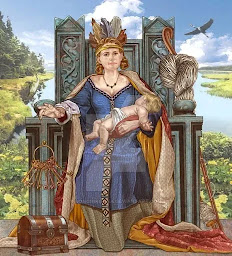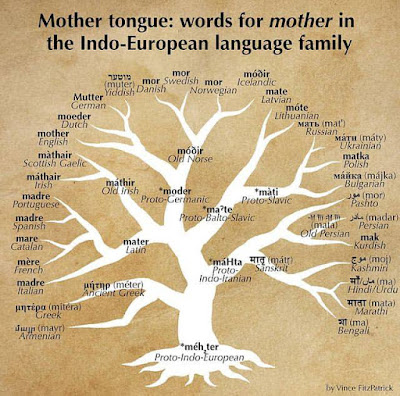Engaging Children in Group Ritual Practice

There are a lot of complex issues when talking about children in heathenry in general, and ritual is definitely going to be a main area of contention. Understanding the political landscape of heathenry is key to navigating this. There are several dynamics taking place that make this such a hot topic. First of all, we cannot escape the folkish element of heathenry and their push to breed to expand heathenry. This seems to cause pushback in inclusive heathenry, where people and groups are hesitant to entertain family friendly ritual at all for fear of being lumped into a folkish category. This is highly problematic, since most religions are inclusive to families. This leads right into our next issue. The religious backgrounds of most of the heathen demographic have shaped their perceptions of family and religion. Many heathens grew up in a landscape where religion was forced upon them, and are hesitant to allow that to happen to the next generation. There are also some concerns that...




